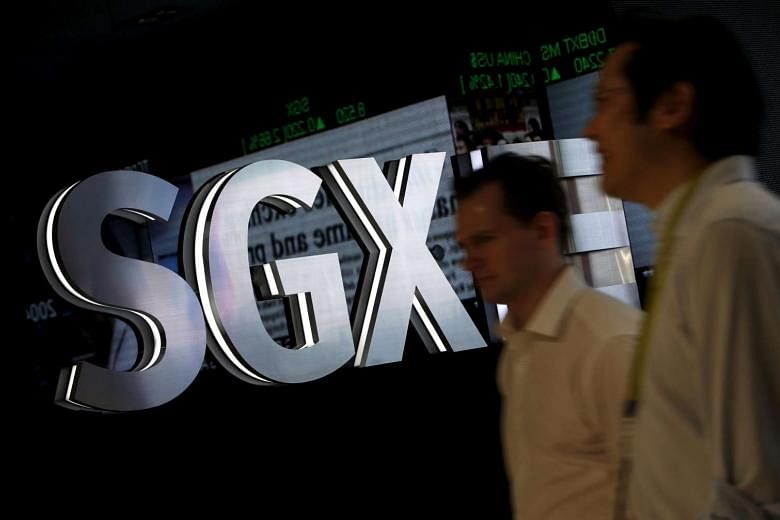Companies here may be lifting their corporate governance standards but their scores are still low and the rate of improvement seems to be slowing.
The Singapore Governance and Transparency Index (SGTI) was unveiled yesterday at a forum on the index held at the Mandarin Orchard. The SGTI is an enhanced version of the Governance and Transparency Index (GTI), which began in 2009, including an additional section on stakeholder engagement.
The idea of the index is to encourage listed companies to make fuller, more timely disclosures to shareholders, for example.
The Singapore Institute of Directors joined CPA Australia and NUS Business School's Centre for Governance, Institutions and Organisations (CGIO) for the first time in jointly publishing the SGTI.
The SGTI ranks 631 Singapore Exchange-listed firms which released annual reports by May 31 this year.
Singtel topped the index at 124 points, improving its score by six points from last year because of its robust disclosure of board responsibilities, the exact executive remuneration and new sections on stakeholder engagement.
The average score was 49.7, an improvement from last year's 47.6.
But the architects of the index, led by Associate Professor Lawrence Loh, director of NUS Business School's CGIO, noted that this year's 2.1 point increase is slower than the average growth of four points between 2011 and last year.
Prof Loh said slower growth was natural and not a cause for worry. "In the last two years, there was a great surge in improvement because of the revised code of corporate governance issued in May 2012."
He added that while there had been a change in assessment of criteria, the research team had done simulations showing the slower growth was not due to this change.
One area flagged for further improvement discussed by forum participants was the disclosure of interested party transactions. Fewer than a third of firms disclosed this.
Prof Loh said there was an "elephant in the room" as the 43 listed Reits and business trusts were not included this year. He said they would assess corporate governance practices of Reits and business trusts next year.
Mr Hugh Young, managing director of Aberdeen Asset Management Asia, said during a panel discussion that the improvement was great. But he noted "it is worrying that the score is still a very low score".
"It's clear that unless you do mandate things, people are not rushing to embrace it," he said.
Experts said such indexes, and even industry recognition of corporate governance practices, must be taken with a pinch of salt.
Corporate lawyer Robson Lee, partner at Gibson Dunn, said the index should "be taken as a point of reference, but not as the Bible".
He questioned some of the criteria usually used, such as the number of long-term independent directors. He said he was more concerned with the integrity of a firm's results and the diligence shown in keeping shareholders updated.
Mr David Gerald, head of the Securities Investors Association of Singapore (Sias), said: "Any governance rating based only on disclosure may not be sufficiently reflective of the actual governance practices in a listed company."
The SGTI, for instance, is largely dependent on disclosures, although Prof Loh added that the research also included media reports.
Mr Gerald said Sias' Governance Evaluation for Mid and Small Caps (Gems) addressed this limitation by focusing on observable and quantifiable metrics that reflect actual corporate behaviour.
This is the first year Gems will be used for the Singapore Corporate Governance Award given by Sias.
Oil and gas firm Swiber Holdings, which shocked the market with its liquidation bid, had in 2012 won in the small-cap category of the Singapore Corporate Governance Award.
"It is true that companies can win an award in a year because they have performed well in governance and transparency. However, in any of the subsequent years, a winner can go wrong because of the change in business environment or because of a particular individual in the company faltering," said Mr Gerald.
"Nevertheless, it is important to continue to rate companies on their corporate governance so as to encourage better performance and maintain standards to avoid situations like in Swiber."


